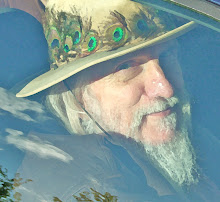The objections to and avoidance of methods/processes/techniques that further this goal are often excused with: "Never attribute to malice that which is adequately explained by stupidity (or ignorance)."
Are people who provide materials for the Web, but ignore the "everyone" part ("after all, I'm not writing this for blind people") bigots, or just uninformed, but well-meaning?
In the end it doesn't matter. Violating human rights because of the convenience of not having to consider some excluded pejoratively-named group is inexcusable.
When we are in a position to affect the process, whether it be segregation, institutionalization, or Web Accessibility, we should act, much as many react to insults to their kin.
After all, we are all members of one another.
Love.

1 comment:
I think you also have to consider context... some things, such as visual arts are inherently inaccessible to the blind. We can provide textual representations, but they lack the same value and only serve to denote what is lacking in many cases.
It's really the same problem (as you've posted before) in defining the semantic web. We need smart algorithms that can approximate visual cues into textual or audible representations, as well as the ability to computationally hash these into indexable, searchable works.
Just as a side note: there's an interesting project happening at Wolfram Research (makers of Mathmatica), which aims to produce a natural language parser capable of identifying factual data. Think of it as a cross between google & wikipedia.
Post a Comment